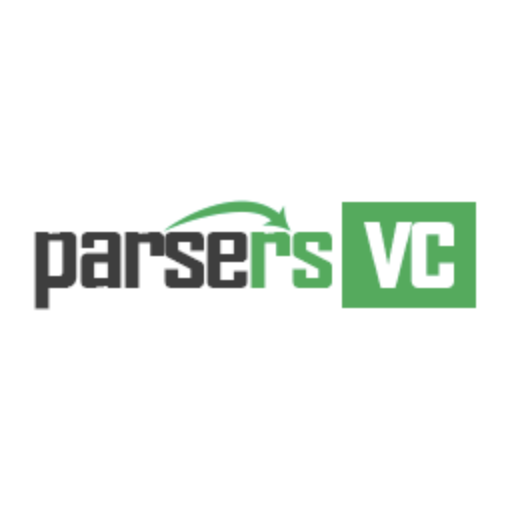On Page SEO-website SEO optimization tool
AI-powered On Page SEO Optimization
Which website can I help you optimize?
Related Tools
Load More20.0 / 5 (200 votes)
Introduction to On Page SEO
On Page SEO refers to the practice of optimizing individual web pages to rank higher and earn more relevant traffic in search engines. It involves a variety of tactics aimed at making a webpage more understandable and valuable to both users and search engines. This includes optimizing content, HTML source code, and improving overall user experience. For example, adjusting the title tags, meta descriptions, and headers can help search engines better understand the content of a page. A scenario illustrating this could be a blog post about healthy recipes where the title tag includes relevant keywords like 'healthy recipes', the content is structured with H1 and H2 tags, and images are properly tagged with alt text.

Main Functions of On Page SEO
Content Optimization
Example
Using relevant keywords throughout the article, creating compelling meta descriptions, and ensuring the content is informative and engaging.
Scenario
A tech blog writes an article on 'The Latest AI Technologies'. By including keywords like 'AI technologies', 'latest AI trends', and ensuring the content is thorough and well-researched, the blog can improve its chances of ranking higher in search results.
HTML Source Code Optimization
Example
Optimizing title tags, meta descriptions, and headers (H1, H2, etc.) with relevant keywords.
Scenario
An e-commerce website selling sports equipment might optimize its category pages by using title tags like 'Buy Sports Equipment Online' and meta descriptions that highlight their range of products and free shipping options.
Improving User Experience
Example
Ensuring the webpage is mobile-friendly, has a fast loading speed, and is easy to navigate.
Scenario
A local restaurant's website ensures its menu is easily accessible on mobile devices, the site loads quickly, and the layout is intuitive, thereby improving user experience and potentially ranking higher in local search results.
Ideal Users of On Page SEO Services
Small Business Owners
Small business owners looking to improve their local search visibility and attract more customers can greatly benefit from On Page SEO. By optimizing their websites for local searches, they can appear in local listings and attract nearby customers.
Content Creators and Bloggers
Content creators and bloggers who want to increase their readership and rank higher in search engine results pages (SERPs) can use On Page SEO techniques to optimize their articles and posts. This includes keyword optimization, internal linking, and ensuring high-quality, relevant content.

Using On Page SEO
1
Visit aichatonline.org for a free trial without login, no need for ChatGPT Plus.
2
Input your website URL and the primary keyword you want to analyze.
3
Review the detailed SEO report generated, focusing on key metrics like keyword density, meta tags, and content quality.
4
Implement the recommended changes on your website to optimize for the primary keyword.
5
Regularly monitor your website's performance and make adjustments based on updated SEO reports.
Try other advanced and practical GPTs
SEO Copywriting
AI-powered SEO content creation

Drip Check | Rate My Outfit & Fashion Sense 💧
AI-powered outfit rating and fashion feedback

Mark Ritson Bot
AI-powered insights for bold marketers.

IB Study Buddy
AI-powered study assistance for IB success.

TOP HandyBOT: AI Powered Handyman Helper
Your AI-Powered Handyman Assistant

赛博林亦
Empower Your Creativity with AI

Parsers VC - Weekly Venture Report
AI-Powered Insights for Venture Markets

Da Vinci Device - Student Companion
Empowering Students with AI Insight

Ai Text Generator for Creative Writing
Empower your creativity with AI-driven writing.

BIDARA - Biomimicry Design Assistant
AI-powered biomimicry design assistant

Enhanced UX Writer GPT
AI-powered tool for user-centered content

AUDRI001
Boost Your LinkedIn with AI

- E-commerce
- Blogging
- Content Marketing
- Local Business
- Website Audit
On Page SEO Q&A
What is On Page SEO?
On Page SEO involves optimizing individual web pages to rank higher and earn more relevant traffic in search engines. It includes updating content, improving meta tags, and ensuring proper keyword placement.
How can On Page SEO help my website?
On Page SEO improves your website's visibility in search engine results, increases organic traffic, and enhances user experience, leading to higher conversion rates.
What are the key components of On Page SEO?
Key components include content quality, keyword optimization, meta tags (title, description), header tags, image alt text, internal linking, and mobile-friendliness.
How often should I update my On Page SEO?
It's recommended to review and update your On Page SEO at least every few months, or whenever there are significant changes to your content or search engine algorithms.
Can On Page SEO work without Off Page SEO?
While On Page SEO is crucial, it works best in conjunction with Off Page SEO strategies like backlink building and social media engagement to maximize overall search engine performance.